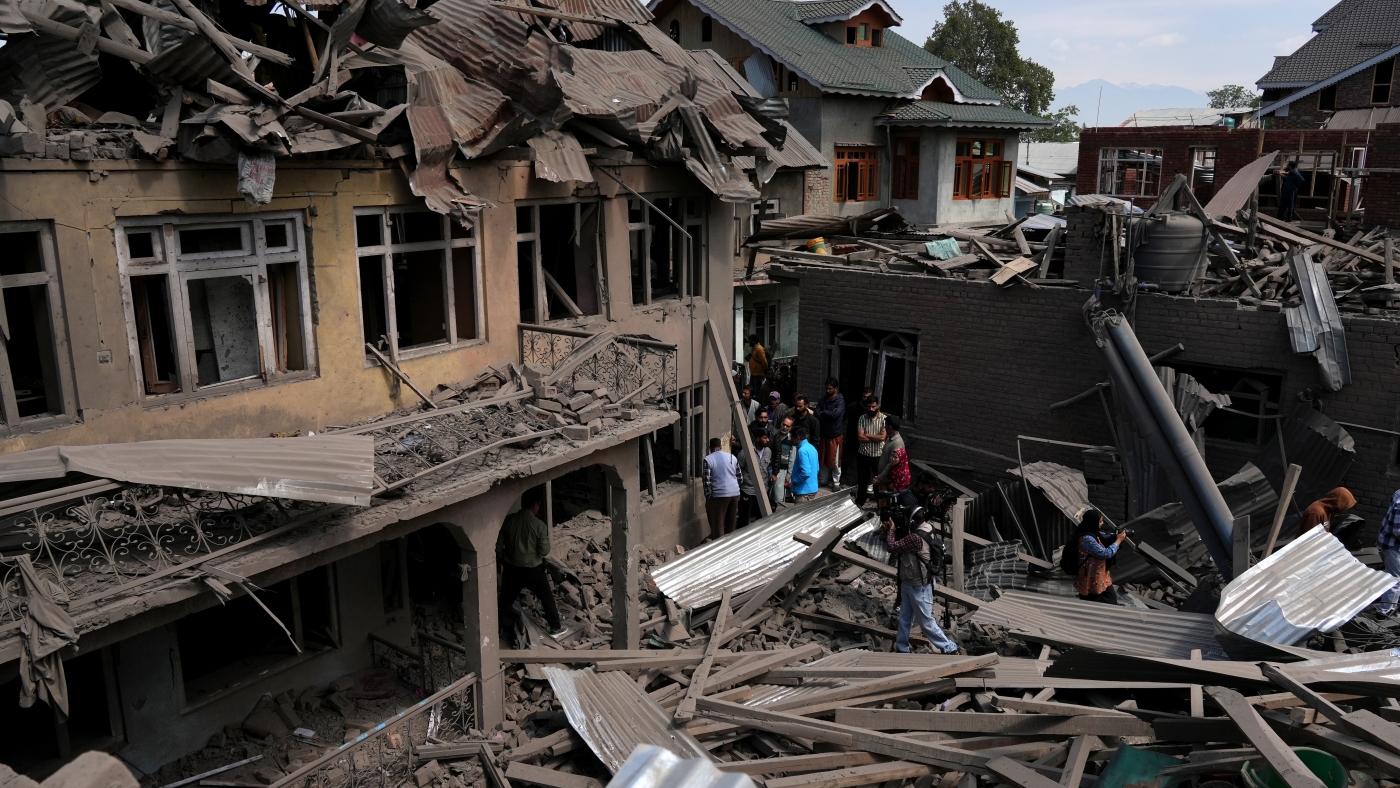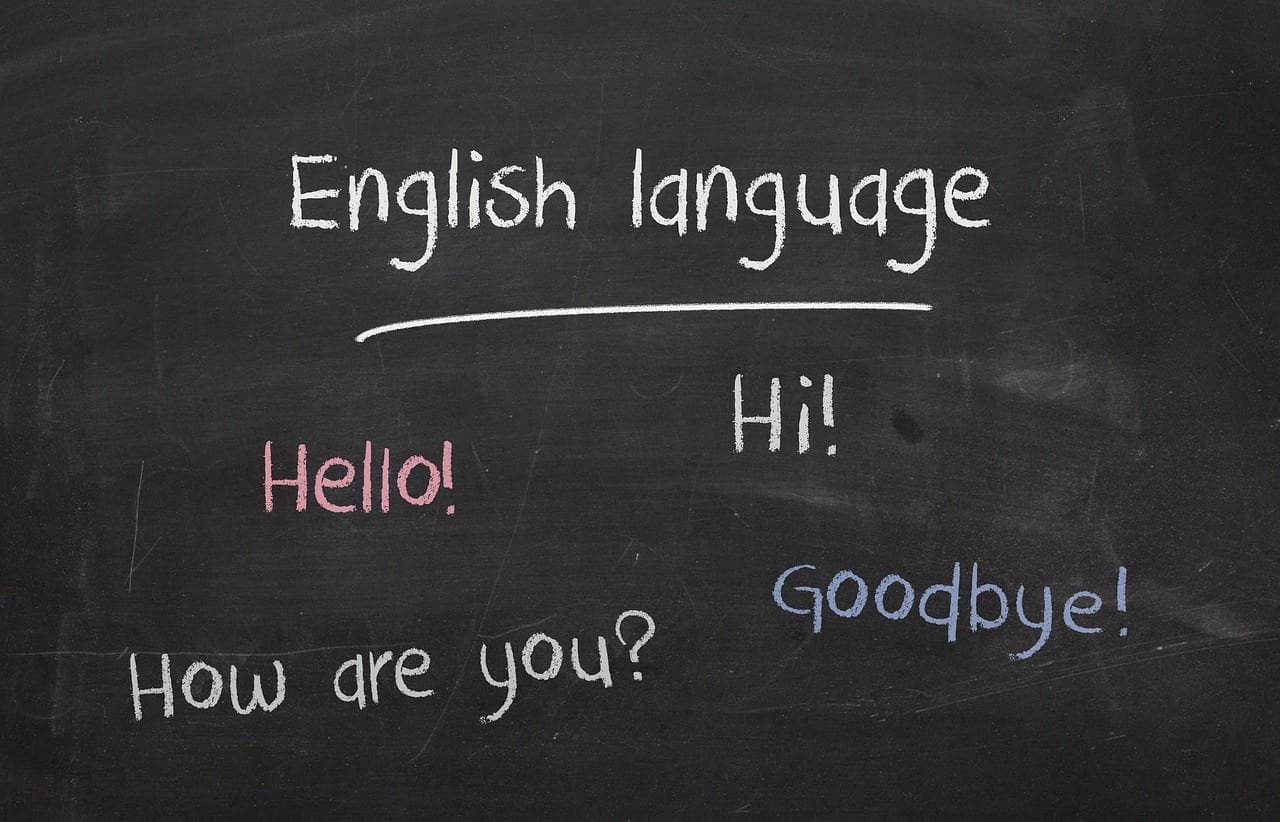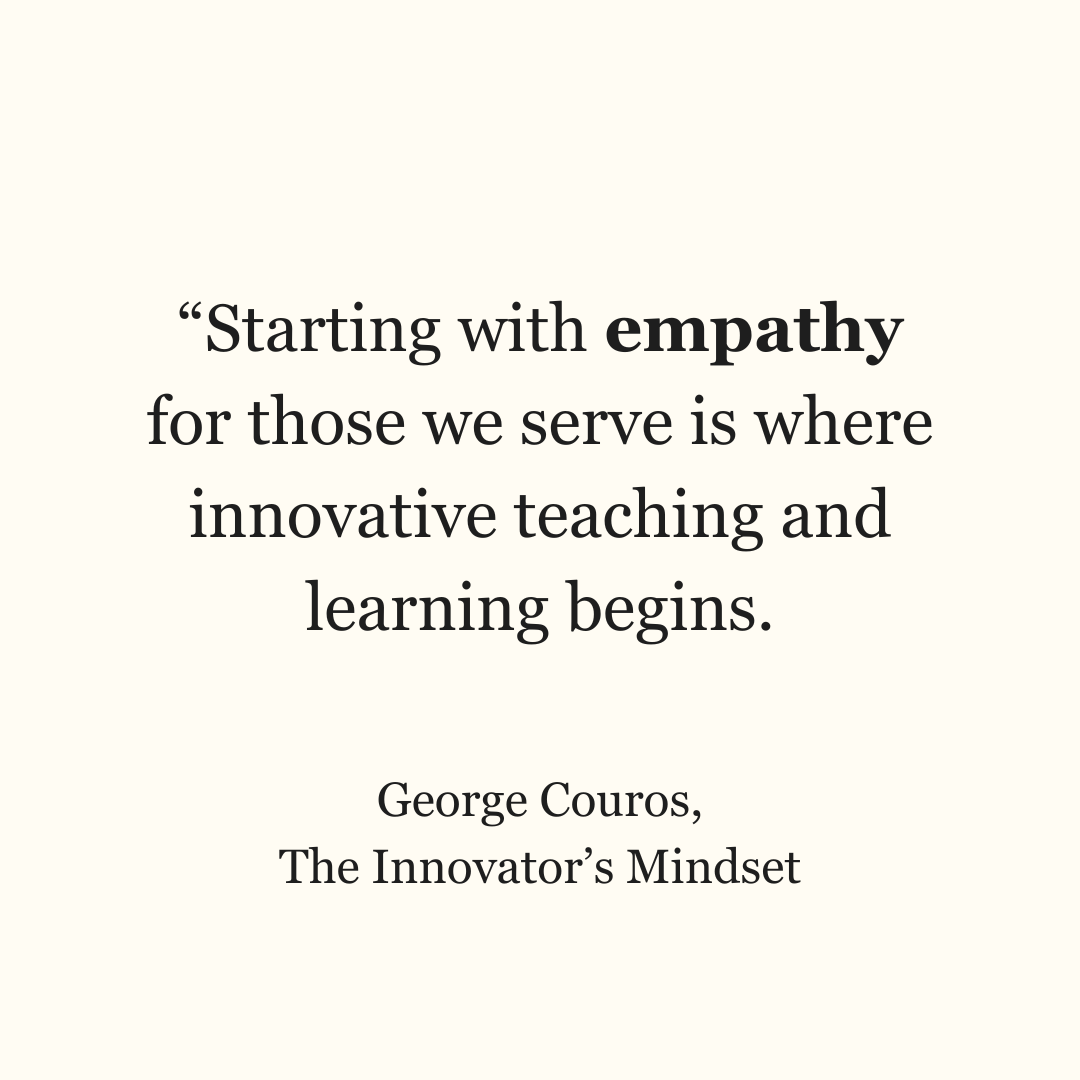Absentee students should make us ask, what is school for? | Eva Wiseman
Low school attendance is a symptom of the problem, an expression of something deeperI was on the phone to a friend talking about our kids as I clicked through a new report launched at Westminster a couple of weeks ago. It was about how children are facing a “crisis of lost learning” because they are being suspended or excluded from school, or they’re not attending because their needs are not being met. She chuckled darkly. Her teenage daughter has barely been to school this year – as my friend works on her laptop in the kitchen the teenager remains in her bedroom, and they meet sometimes on the stairs. My friend knows this stuff, she breathes this stuff, this stuff is living in her house.The family has been threatened with fines and then, if they get three, a parenting order or prosecution. I guess I can sort of understand the government thinking here, but it’s the same sort of thinking that leads someone to open a bottle by smashing it against a wall, isn’t it? Or fix a paper-cut with staples. The term the school uses to describe the difficulty kids like my friend’s daughter face is “emotionally based school non-attendance”. It’s a term that’s evolved over time, rarely fully describing the anxiety at its core. When I was at school it was called truancy or delinquency. Before that perhaps it was just “laziness”, more recently “school refusal”, but all these terms have obscured the mental health needs of the young person, instead implying blame or bad parents or a kind of moral weakness. The truth is, for people like my friend’s kid and the thousands like her, school is a place of fear and despair. I read my friend excerpts from the report (“Absence and suspensions are two-thirds higher than they were pre-pandemic”) and she sort of sighed and said, sometimes, “yep”. Continue reading...

Low school attendance is a symptom of the problem, an expression of something deeper
I was on the phone to a friend talking about our kids as I clicked through a new report launched at Westminster a couple of weeks ago. It was about how children are facing a “crisis of lost learning” because they are being suspended or excluded from school, or they’re not attending because their needs are not being met. She chuckled darkly. Her teenage daughter has barely been to school this year – as my friend works on her laptop in the kitchen the teenager remains in her bedroom, and they meet sometimes on the stairs. My friend knows this stuff, she breathes this stuff, this stuff is living in her house.
The family has been threatened with fines and then, if they get three, a parenting order or prosecution. I guess I can sort of understand the government thinking here, but it’s the same sort of thinking that leads someone to open a bottle by smashing it against a wall, isn’t it? Or fix a paper-cut with staples. The term the school uses to describe the difficulty kids like my friend’s daughter face is “emotionally based school non-attendance”. It’s a term that’s evolved over time, rarely fully describing the anxiety at its core. When I was at school it was called truancy or delinquency. Before that perhaps it was just “laziness”, more recently “school refusal”, but all these terms have obscured the mental health needs of the young person, instead implying blame or bad parents or a kind of moral weakness. The truth is, for people like my friend’s kid and the thousands like her, school is a place of fear and despair. I read my friend excerpts from the report (“Absence and suspensions are two-thirds higher than they were pre-pandemic”) and she sort of sighed and said, sometimes, “yep”. Continue reading...










































































